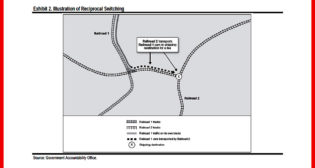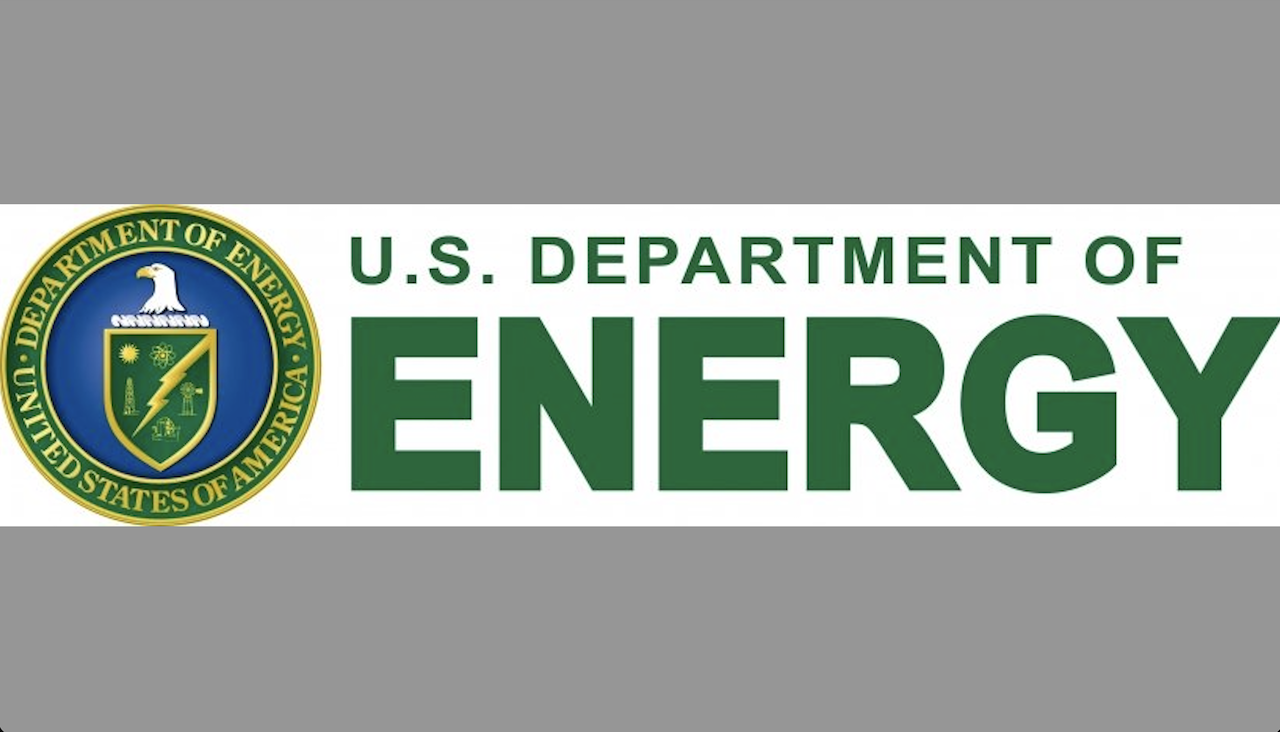
DOE Releases RFI to Achieve Rail Sector Decarbonization (UPDATED, 1/17)
Written by Carolina Worrell, Senior Editor
Recognizing that the rail sector generates 2% of U.S. transportation greenhouse gas (GHG) emissions, the Department of Energy (DOE) on Nov. 17 released a Request for Information (RFI) to understand applicable decarbonization strategies.
According to DOE, the purpose of the RFI, titled Progression to Net-Zero Emission Propulsion Technologies for the Rail Sector, is to “solicit feedback from industry, academia, research laboratories, government agencies, other stakeholders, and the public on issues related to alternative propulsion technology advancement within the rail sector and achieving net-zero GHG emissions.”
The Biden-Harris Administration, DOE says, has established “ambitious goals to address global climate change and is committed to developing and implementing robust and actionable transportation decarbonization strategies.” In January 2023, DOE, the U.S. Department of Transportation (USDOT), the U.S. Department of Housing and Urban Development (HUD), and the U.S. Environmental Protection Agency (EPA) released the U.S. National Blueprint for Transportation Decarbonization, a “landmark interagency framework” to eliminate emissions from the transportation sector—including rail—by 2050. This significant transition, DOE says, requires rail supply chain coordination, including alternative fuel production, feedstock supply, locomotive engine manufacturing, safety implementation, customer demand, and government regulation.
To develop a national strategy to decarbonize the rail sector, DOE says two critical questions must be addressed:
- “Which alternative rail propulsion technologies are most promising technically and economically?
- “What is the timeline for the rail sector to transition to net-zero emission technologies?”
The net-zero emission propulsion technologies under consideration for the intent of the RFI for transitional, interim use until 2030 are: biodiesel, renewable diesel, ammonia, methanol, hydrogen fueled internal combustion engines, and ethanol. The technologies under consideration for mid- to long-term use include hydrogen fuel cells, batteries (tenders or built-in), direct electrification (catenary), or a combination of different technologies.
Jointly released by DOE’s Bioenergy Technologies Office (BETO), Vehicle Technologies Office, and Hydrogen and Fuel Cell Technologies Office, the RFI “aims to collect knowledge from stakeholders to guide actions regarding future propulsion technologies, research and infrastructure investments, and coordination to ensure the rail sector is meeting or exceeding U.S. decarbonization milestones,” according to DOE.
Responses to the RFI, which can be found here and here, must be submitted electronically no later than Feb. 12, 2024.



